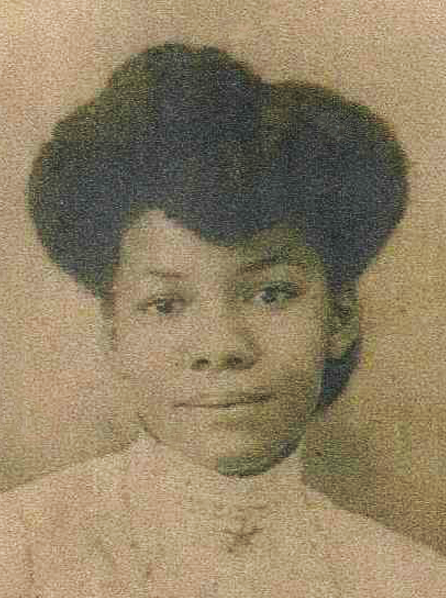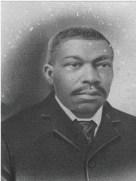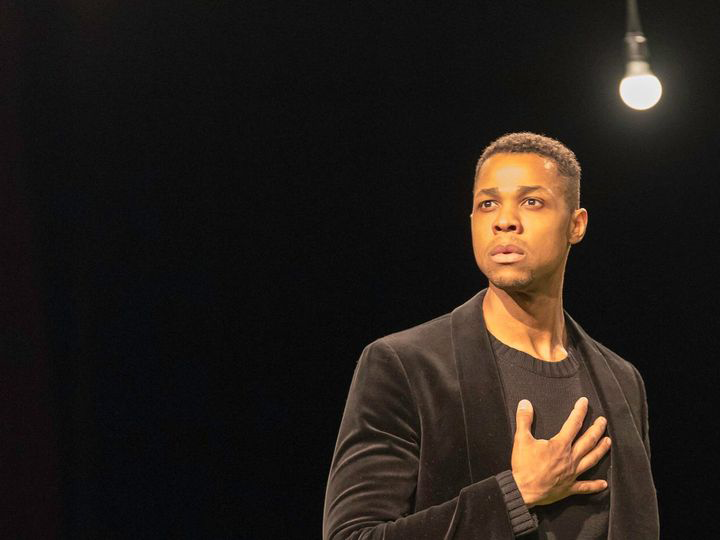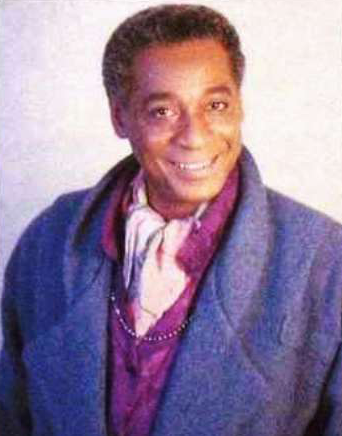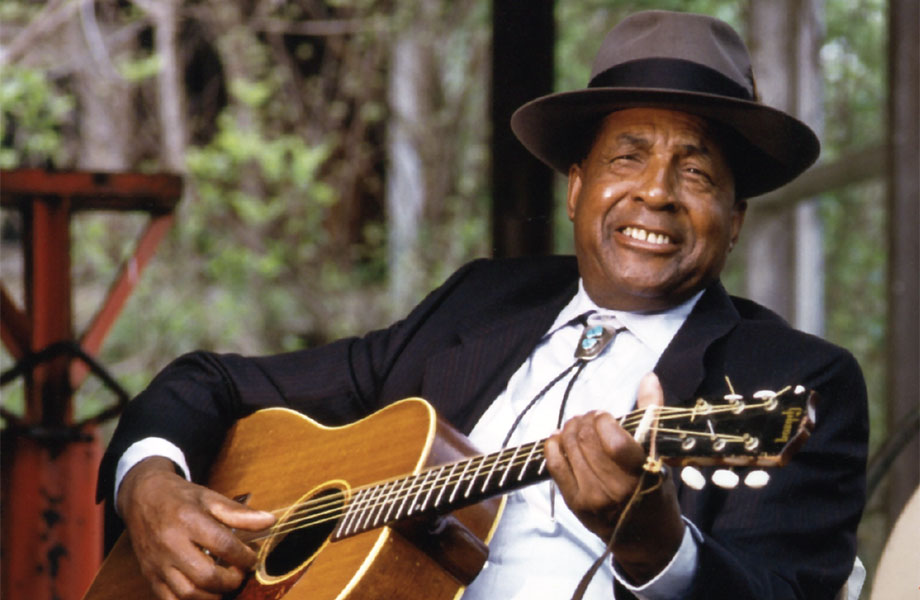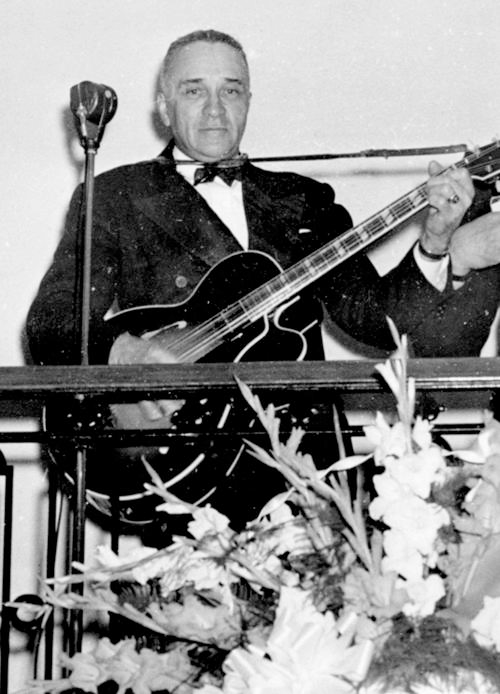Learn the History The humanity, family life, creativity, and entrepreneurial spirit of African Americans has endured in spite of hundreds of years of injustice and inequity. This experience is a story of extraordinary achievement.
Afro-American Historical Association of Fauquier County is headquartered in The Plains, Virginia. Its Resource Center and Museum comprise a treasure-trove of Black history, from enslavement to the present day. This history has shaped our local culture and is vital to understanding who we are.
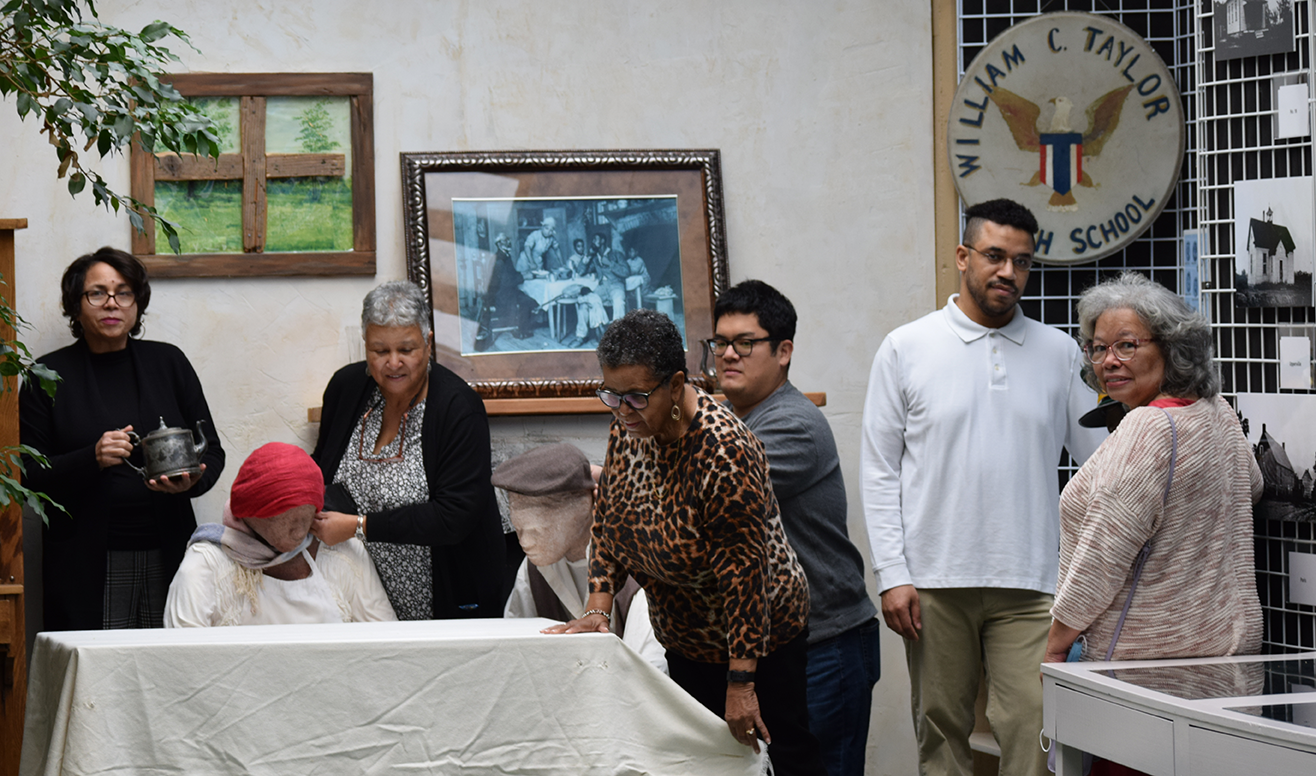 Museum staff fine-tune an exhibit; Left to right are Norma Logan, Director Karen Hughes White, Christine Taylor Lewis, Robert Doane, Jerry Williams, and Angela Davison.
Museum staff fine-tune an exhibit; Left to right are Norma Logan, Director Karen Hughes White, Christine Taylor Lewis, Robert Doane, Jerry Williams, and Angela Davison.
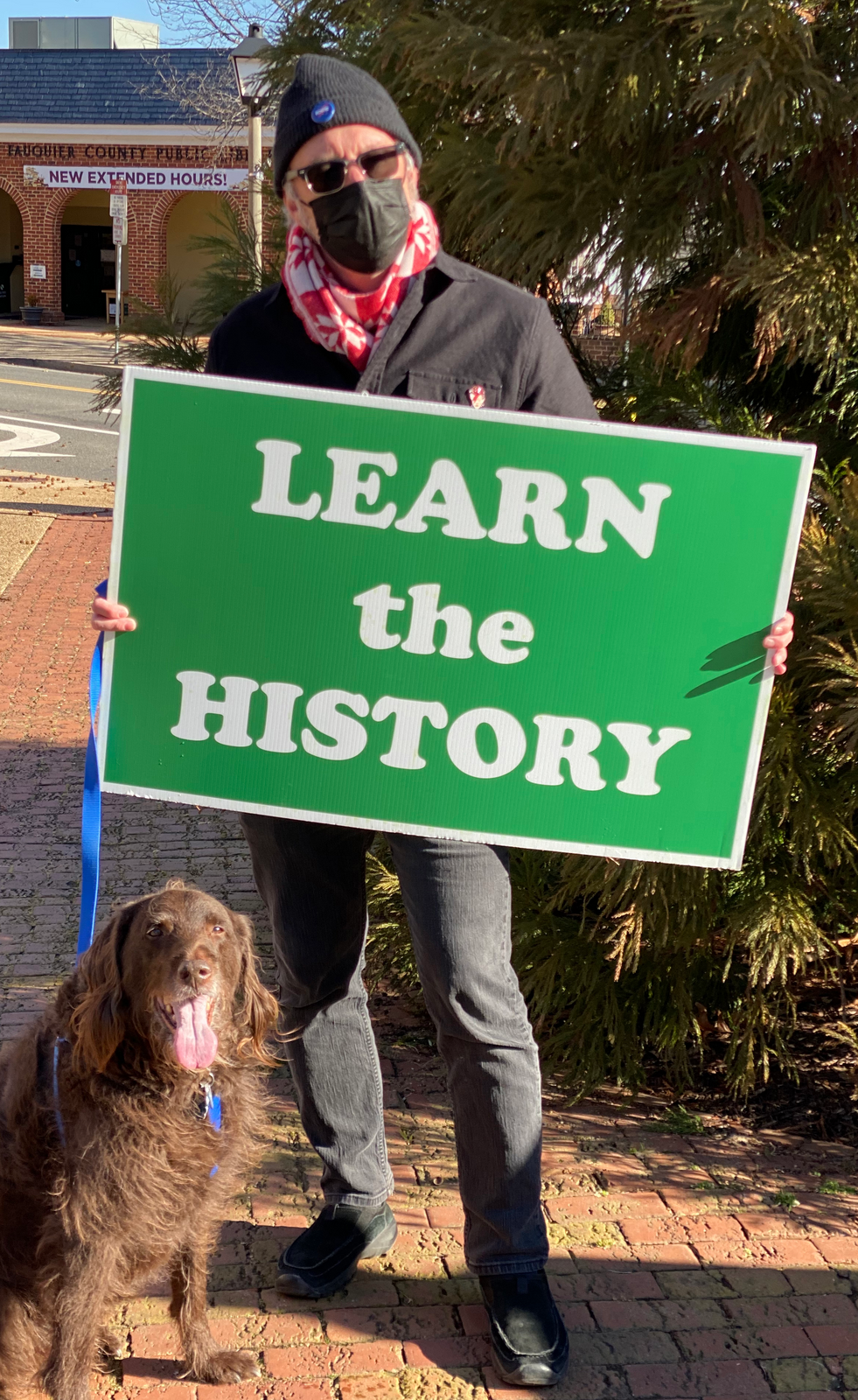
Click to visit the museum’s website for a virtual tour and plan to visit the museum itself. Be sure to check out the Events section for Zoom meetings available free to the public on a wide variety of interesting topics. The museum also has a page that features weekly updates and a channel well worth tuning in.
AAHAFC FaceBook YouTubeSome Samples from the Museum
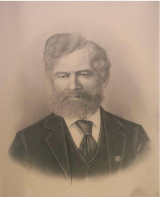
The African-American Comunities of Fauquier were
created after the Civil War by free Blacks and formerly enslaved
people. Their first buildings were usually churches and schools like
this one in Morgantown near Salem, now called Marshall. There were over 30 such villages in Fauquier, most of them still extant in some form.
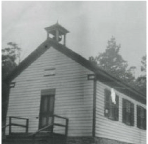
Until 1964, most Black children in Fauquier attended schools like the one in Morgantown, one- or two-room wooden structures with outdoor plumbing. Teachers, male and female, were recruited for each of the schools. Littleton Jackson taught in Orlean.
Morgantown School
Teacher Littleton Jackson
